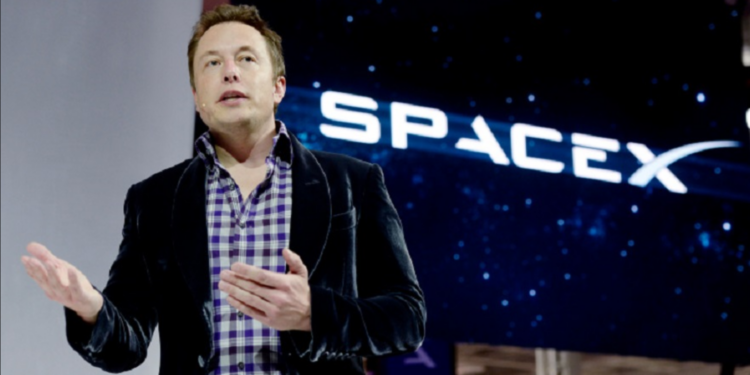Elon Musk’s Satellite company, SpaceX, has launched 6 Starlink satellites with direct-to-cell capability in a move that will shift the mobile communication paradigm globally.
The company announced the launch of the satellites via a post on its X handle on Wednesday. According to SpaceX, the six Starlink satellites will further global connectivity and help to eliminate dead zones.
Earlier in October last year, Nairametrics reported the planned launch of the satellites and the rollout of the direct-to-mobile service in 2024. According to Starlink, the service is to begin with texting this year, while voice, data, and IoT services are expected to launch in 2025.
Starlink said people will not need to change their phones when the service is launched as it will work with current 4G-enabled devices.
What Elon Musk is saying
The billionaire owner of the company, Musk also commented on the launch saying it would allow for mobile phone connectivity anywhere on Earth. He, however, noted that the satellite service would not compete with terrestrial mobile networks.
- “Note that this only supports ~7Mb per beam and the beams are very big, so while this is a great solution for locations with no cellular connectivity, it is not meaningfully competitive with existing terrestrial cellular networks,” Musk stated.
Access everywhere
With the new satellites, Starlink is promising the world access to communication services anywhere in the world with this new proposition.
- “Starlink satellites with Direct to Cell capabilities enable ubiquitous access to texting, calling, and browsing wherever you may be on land, lakes, or coastal waters,” the company said in a post on its website.
- “Direct to Cell works with existing LTE phones wherever you can see the sky. No changes to hardware, firmware, or special apps are required, providing seamless access to text, voice, and data,” the company added.
Starlink In Nigeria
The Elon Musk Internet company which officially launched in Nigeria a year ago is currently one of the leading Internet Service Providers (ISPs) in Nigeria.
The company continues to gain traction in Nigeria even though its hardware and monthly subscription costs are higher than that of its competitors in the market.
Although Musk is discountenancing the possibility of competition with terrestrial mobile network operators, there is no doubt the likes of MTN, Airtel, Globacom, and Airtel will lose some customers by the time voice and data services are available via satellite to mobile in Nigeria.
However, the largest telecommunications operator in Nigeria, MTN is already positioning itself for collaboration with Starlink to benefit from its satellite service. MTN Groups recently announced that it was in talks with Starlink in its bid to expand its services to unserved areas across its operating market.












